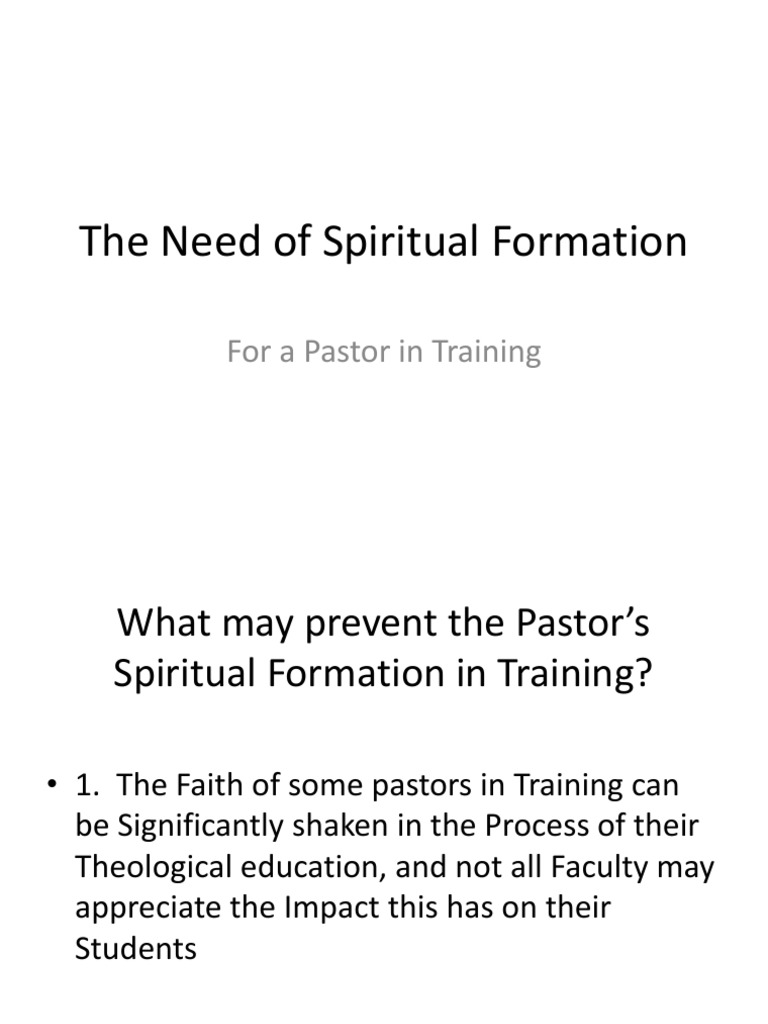Spiritual education, a fundamental tenet in the Bahá’í Faith, transcends the pragmatic paradigms of conventional educational systems. It invites individuals to embark on an introspective journey, fostering virtues and values that are essential for holistic development. This exploration of spiritual education illuminates its significance, the need for such enlightenment, and the transformative potential it holds for individuals and society alike.
At its core, spiritual education is not merely an academic pursuit; it is an elevation of the human spirit—a synthesis of knowledge and ethical growth. The Bahá’í teachings advocate for an integrated approach, wherein spirituality and intellectual cultivation coexist. This duality encourages individuals to develop a comprehensive worldview that is grounded in moral rectitude and informed by reason. In an age characterized by rapid changes and myriad challenges, spiritual education becomes an anchor; it provides clarity amidst the chaos.
One might ponder: why do we need spiritual education in our contemporary society? The answer is multifaceted. Firstly, spiritual education facilitates a profound understanding of the self. It compels individuals to introspect, enabling them to identify their purpose and inherent potential. By delving deep into one’s inner landscape, individuals foster a sense of self-awareness that is indispensable for personal growth. This awareness is paramount, for it provides the foundation upon which ethical and moral decision-making rests.
Secondly, spiritual education cultivates empathy and compassion—traits that are essential for fostering unity within the global community. In a world often marred by divisiveness and conflict, the ability to comprehend and appreciate diverse perspectives is crucial. Through the lens of spiritual education, individuals learn to navigate relationships with understanding and kindness, transcending barriers of nationality, race, and creed. This is particularly significant in today’s context, where polarization is rampant. The Bahá’í teachings emphasize that the oneness of humanity is a fundamental principle, underscoring the importance of collective progress through unity.
In addition, spiritual education serves to enhance resilience. Life is replete with adversities and uncertainties; hence, the cultivation of an inner fortitude is essential. A spiritually educated individual is equipped with the tools necessary to confront challenges—armed with a profound sense of purpose, an understanding of the transient nature of material existence, and an unwavering faith in the divine. This resilience, borne out of spiritual wisdom, empowers individuals to transcend personal suffering and contribute positively to society.
Furthermore, spiritual education nurtures a sense of responsibility towards both oneself and the larger community. The Bahá’í teachings emphasize service to humanity as a sacred calling. Engaging in acts of service not only enriches lives but also reinforces the interconnectedness of all beings. Through spiritual education, one recognizes that personal fulfillment is inherently linked to the well-being of others. In this light, the concept of success is redefined; it is not merely the accumulation of wealth or status but rather the degree to which one positively impacts the lives of others.
This transformative aspect of spiritual education challenges the prevalent norms of materialism that often dominate societal values. In a consumer-driven culture, the impending need for spiritual revitalization has never been more apparent. The promise of spiritual education is not only a shift in perspective but also a return to the essence of our humanity—a reminder that our true worth is measured not by material possessions but by our character and contributions to the collective good.
Moreover, the methods employed in spiritual education warrant consideration. Unlike traditional pedagogies that prioritize rote memorization, spiritual education encourages experiential learning. Activities such as reflection, meditation, and discussion are integral, inviting participants to engage actively with the material. This interactive approach fosters deeper connections with the teachings and allows individuals to apply spiritual principles to real-world scenarios. In this sense, spiritual education becomes a lifelong endeavor, characterized by continual growth and exploration.
In contemplating the future, it is imperative that educational institutions embrace spiritual education as a critical component of their curricula. The integration of spirituality within educational frameworks promises to cultivate not only informed citizens but also principled leaders—individuals who possess the moral compass necessary to navigate complex societal challenges. By embedding spiritual education into academic programs, we can cultivate a generation that is not only intellectually proficient but also spiritually enlightened, paving the way for a more harmonious and just world.
In conclusion, the call for spiritual education resonates deeply within the core of the Bahá’í teachings. Its importance cannot be overstated in an era characterized by rapid evolution and moral ambiguity. Spiritual education fosters self-awareness, compassion, resilience, and a sense of responsibility, ultimately illuminating the path towards individual and collective fulfillment. As the world grapples with existential challenges, the promise of spiritual education offers a beacon of hope—a shift in perspective that invites curiosity, ignites the spirit, and transforms lives. Engaging in this profound journey is not merely an option; it is an obligation to oneself and to humanity at large. A renewed commitment to spiritual education can unlock the door to a brighter, more united future for all.
